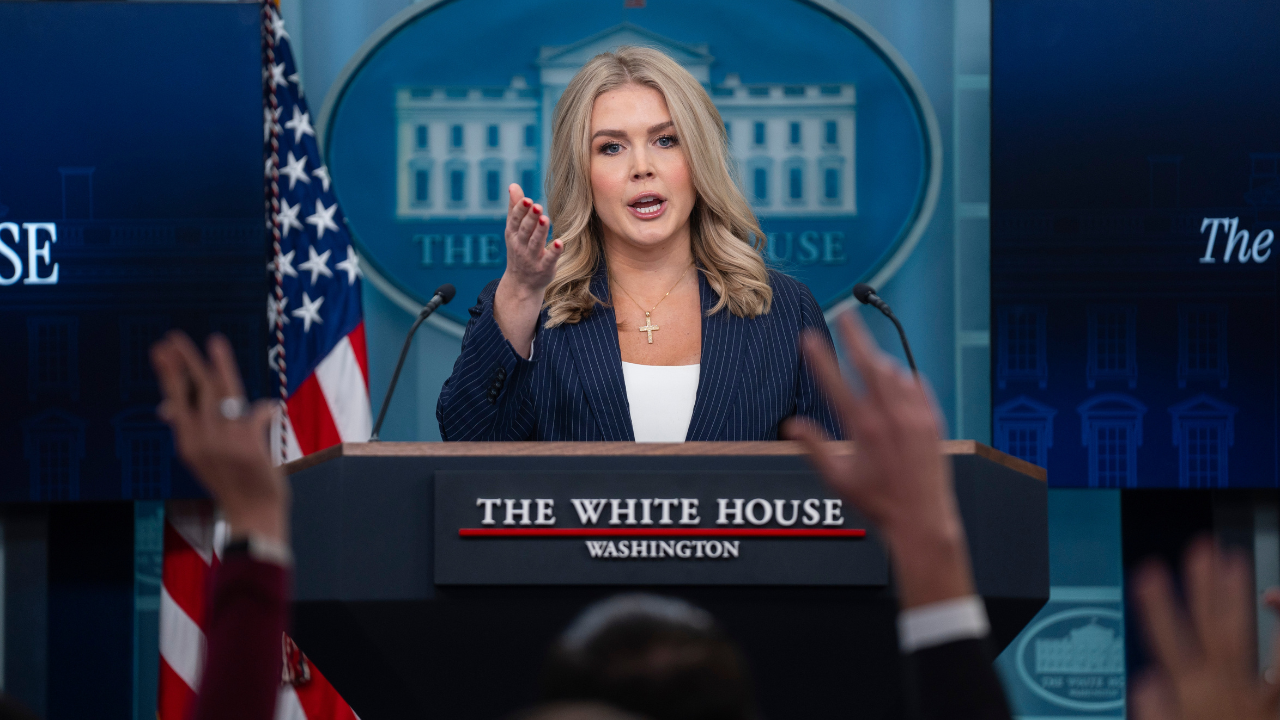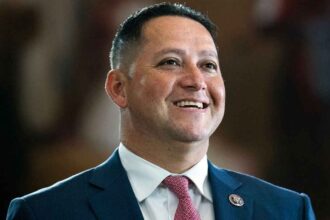The White House has defended its decision to revoke the Associated Press (AP) access to key events with President Donald Trump following a dispute over the renaming of the Gulf of Mexico.
The controversial move came after AP refused to follow Trump’s executive order, which officially rebranded the Gulf of Mexico as the “Gulf of America.”
The administration’s stance on the new name has sparked significant backlash, but White House press secretary Karoline Leavitt stood by the decision, asserting it was not retaliatory but rather an effort to hold the media accountable for spreading misinformation.
During a press briefing on February 12, Leavitt emphasized that the White House expected news outlets to adhere to the new designation, which she claimed was in line with official U.S. government policy.
She also pointed to major tech companies like Apple and Google, along with other media outlets, which had already adopted the new terminology.
The administration, according to Leavitt, was merely enforcing what she described as a “clear directive” for consistency in reporting.
Related Articles
However, AP rejected the directive, maintaining its editorial independence. The outlet, adhering to its longstanding style guide, continued to refer to the body of water as the Gulf of Mexico.
READ ALSO: 4 arrested in daycare child abuse allegations in South Carolina
AP Executive Editor Julie Pace strongly condemned the White House’s actions, calling them an infringement on the First Amendment and an attack on press freedom.

Pace argued that restricting access based on editorial disagreement undermines the role of independent journalism and hampers the public’s right to a free and open press.
The incident has amplified tensions between the Trump administration and various media organizations.
The White House Correspondents’ Association and the National Press Club both condemned the action, describing it as an assault on press freedom.
Leavitt, however, insisted that attending White House events is a “privilege,” not a right, and reiterated that AP’s refusal to adopt the administration’s preferred terminology warranted the action.
This growing clash between the White House and the press has sparked global debates about media independence and the potential dangers of political interference in journalism.















